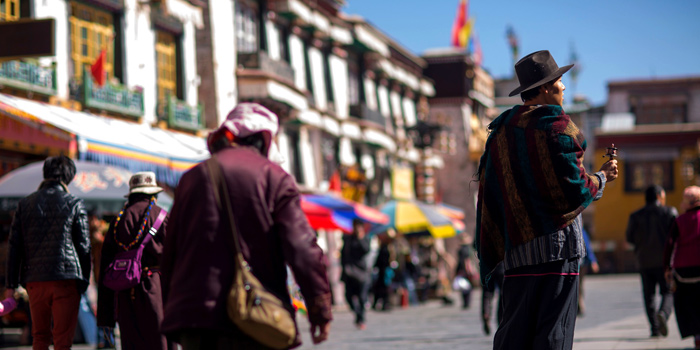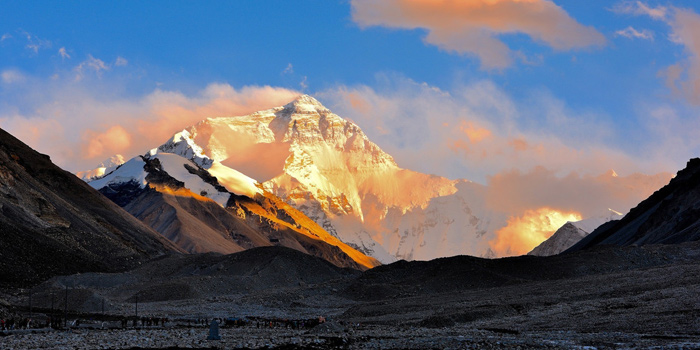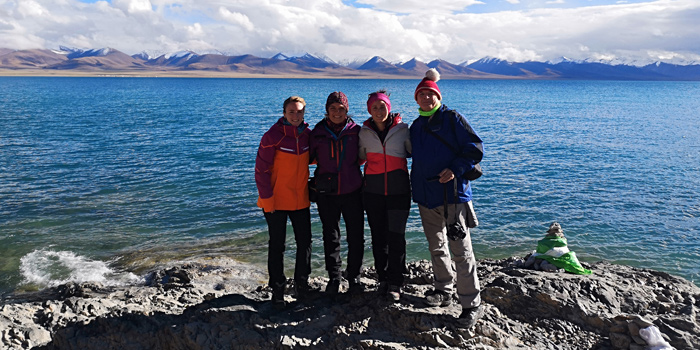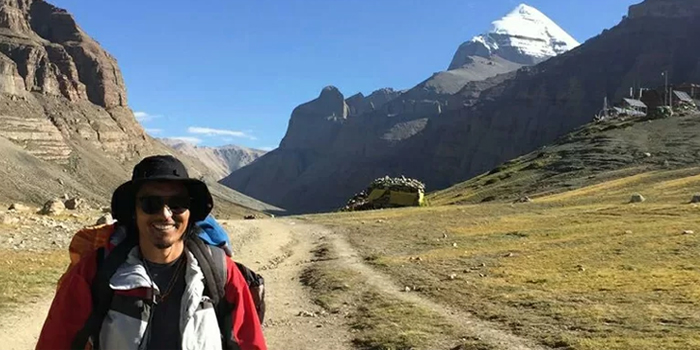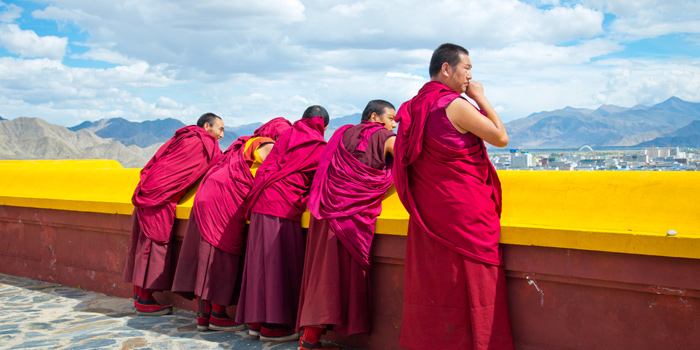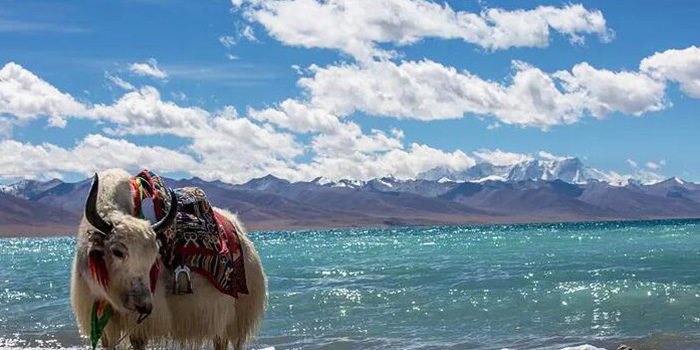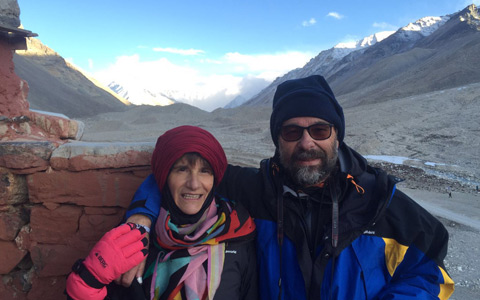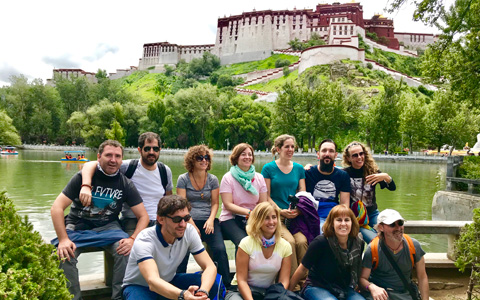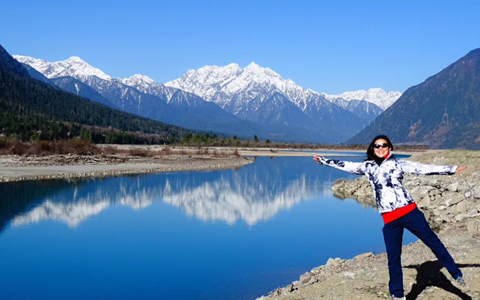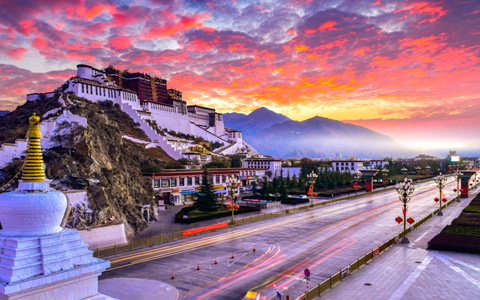Can the Elderly Travel to Tibet? Top 15 FAQs about Tibet Tours for Seniors
Traveling to Tibet shall be fantastic as well as challenging due to its high altitude. Then can the old travel to Tibet? The answer is “yes”. But, before your travel, make sure you know the following things.
 1. Is it safe for senior travelers to visit Tibet?
1. Is it safe for senior travelers to visit Tibet?
 2. Are there any age restrictions for visiting Tibet?
2. Are there any age restrictions for visiting Tibet?
 3. What is the best time of year for senior travelers to visit Tibet?
3. What is the best time of year for senior travelers to visit Tibet?
 4. Are there any health concerns for senior travelers in Tibet?
4. Are there any health concerns for senior travelers in Tibet?
 5. How can senior travelers acclimatize to the high altitude in Tibet?
5. How can senior travelers acclimatize to the high altitude in Tibet?
 6. How to deal with the elderly suffering from altitude sickness during the trip?
6. How to deal with the elderly suffering from altitude sickness during the trip?
 7. What are the transportation options available for senior travelers in Tibet?
7. What are the transportation options available for senior travelers in Tibet?
 8. Should senior travelers consider joining organized tours or traveling independently?
8. Should senior travelers consider joining organized tours or traveling independently?
 9. What are the recommended attractions to visit for senior travelers in Tibet?
9. What are the recommended attractions to visit for senior travelers in Tibet?
 10. Are there accommodations with senior-friendly facilities in Tibet?
10. Are there accommodations with senior-friendly facilities in Tibet?
 11. Are there any cultural considerations for senior travelers in Tibet?
11. Are there any cultural considerations for senior travelers in Tibet?
 12. Is travel insurance necessary for senior travelers visiting Tibet?
12. Is travel insurance necessary for senior travelers visiting Tibet?
 13. Are there any senior-friendly activities available in Tibet?
13. Are there any senior-friendly activities available in Tibet?
 14. Can elderly travelers participate in trekking or hiking activities in Tibet?
14. Can elderly travelers participate in trekking or hiking activities in Tibet?
 15. Are there any specific dietary considerations for elderly travelers in Tibet?
15. Are there any specific dietary considerations for elderly travelers in Tibet?
1. Is it safe for senior travelers to visit Tibet?
The answer is, of course, safety! There is nothing more worrying for you than health issues, of which altitude sickness is the most worrying. However, don’t worry, compared to the age factor, personal physical fitness, adaptability, and health condition are more crucial. Therefore, before traveling to Tibet, we highly recommend that you have a thorough physical examination to better understand your own health condition and ensure that there are no potential health problems. Likewise, it is best to consult in detail about the symptoms of altitude sickness and prepare relevant medication in case of emergency.
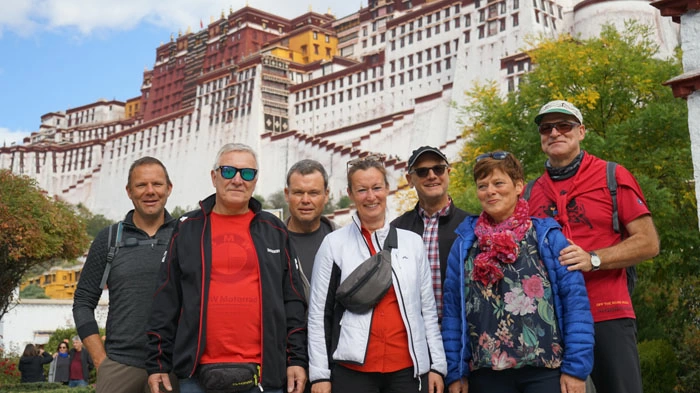 Tibet tour is very safe even though Elderly can also Visit Lhasa Potala Palace.
Tibet tour is very safe even though Elderly can also Visit Lhasa Potala Palace.
Then, there is also no need to worry about social security and travel safety. Most Tibetan believe in Buddhism and are friendly to others so the crime rate is low. Also, for the road conditions in Tibet, we will arrange local experienced guides and drivers to accompany you throughout the trip to ensure your travel safety.
2. Are there any age restrictions for visiting Tibet?
Some people may think that people who are older or younger are not suitable to travel to Tibet. In fact, it is a misconception. The truth is that there is no age limit for traveling to Tibet. So far, we have received not only 82-year-old German gentlemen but also 4-year-old Swiss children. Therefore, as long as you are in good health and you can adapt to the high altitude relatively quickly, then there is a chance to visit the unique beauty of Tibet.
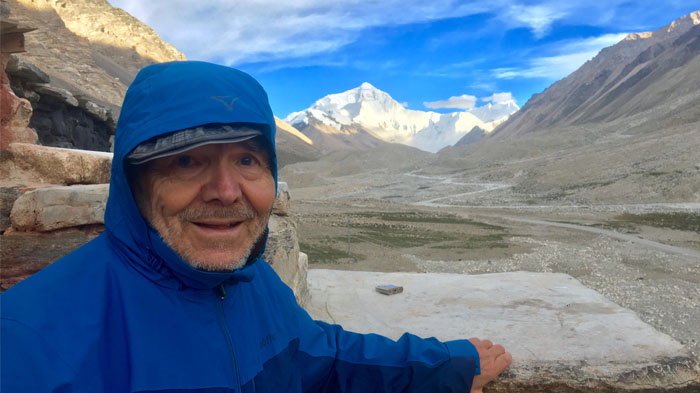 Sturdy German gentlemen Mr. Gerhard who made it to EBC and even Mt. Kailash kora in Tibet at the age of 82.
Sturdy German gentlemen Mr. Gerhard who made it to EBC and even Mt. Kailash kora in Tibet at the age of 82.
3. What is the best time of year for senior travelers to visit Tibet?
April to May and September to October are the best time to visit Tibet. During these months, the warm weather, reduced wind speed and less fog make for the best time to get a clear view of the summit of Mount Everest. Likewise, you will never miss the flag clouds, which are known as “the world’s highest weathervane”. This will make you feel the vastness of nature and the insignificance of human beings.
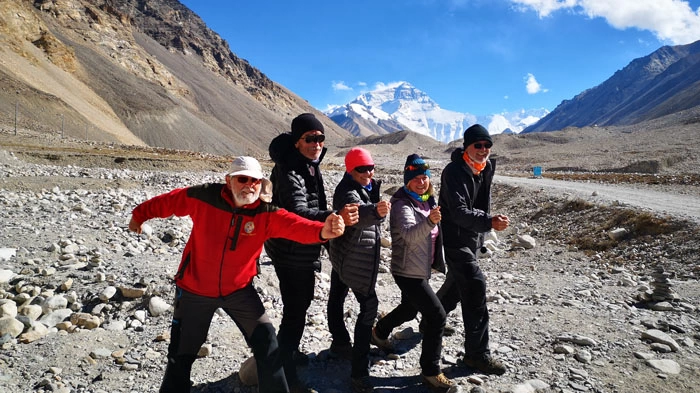 A group of senior travelers visit Everest Base Camp with us.
A group of senior travelers visit Everest Base Camp with us.
Summer can be the second choice. In summer, the comfortable climate and higher oxygen level are perfect for you to visit Tibet. Although there is rainfall, it is mostly at night and does not affect daytime travel, so there is nothing to worry about.
In winter, Tibet is more solemn and secluded. Less cloudy days make it a good time to see the peaks from afar. At this time, the summit of Everest has a higher probability of appearing, and it is easier to watch the sunset and sunrise of Everest. Moreover, winter presents an ideal time for a budget-friendly Tibet tour, as numerous hotels and flights to Tibet offer discounts during this period.
4. Are there any health concerns for senior travelers in Tibet?
Travel to Tibet is not recommended for the elderly with health problems such as uncontrolled blood sugar, epilepsy, hypertension, heart disease, blood disorders, cranial vascular disease, chronic respiratory disease, and cardiovascular or liver disease.
5. How can senior travelers acclimatize to the high altitude in Tibet?
We recommend that you deal with altitude sickness by making reasonable itineraries and taking precautions.
In terms of itinerary, it is recommended to choose a slow-paced itinerary, follow the principle of touring from low to high, and gradually adapt to the changes in altitude.
In terms of preventive measures, it is best not to take a bath in the first few days after entering Tibet to avoid catching a cold. Moreover, pay attention to keeping warm, maintain sufficient water intake, be fully aware of the symptoms of altitude sickness and prepare relevant medicines.
6. How to deal with the elderly suffering from altitude sickness during the trip?
If you experience altitude sickness during your trip, please notify your tour guide immediately. Our Tibetan travel guides have extensive experience and can provide assistance such as providing the oxygen tank or taking you to the nearest hospital. If the situation worsens, it may be necessary to quickly transfer to a lower-altitude area. Therefore, if you feel any discomfort, please contact us immediately and inform your assigned tour guide to receive timely assistance.
7. What are the transportation options available for senior travelers in Tibet?
Visiting Tibet by car is the most common way to travel between destinations in Tibet. When you visit destinations outside Lhasa city, like the Everest Base Camp or Mount Kailash, you need to prepare for the long-distance drive.
For entering Tibet, there are three ways to Tibet: by flight, by train, and by road, among which the first two are more recommended.
Flights to Tibet are the most convenient and faster way to Tibet. The direct flights from Chengdu, Chongqing, Xining, or Shangri-La to Lhasa only take around 2 to 3 hours. If you have limited time, then flying to Tibet is the best choice for you.
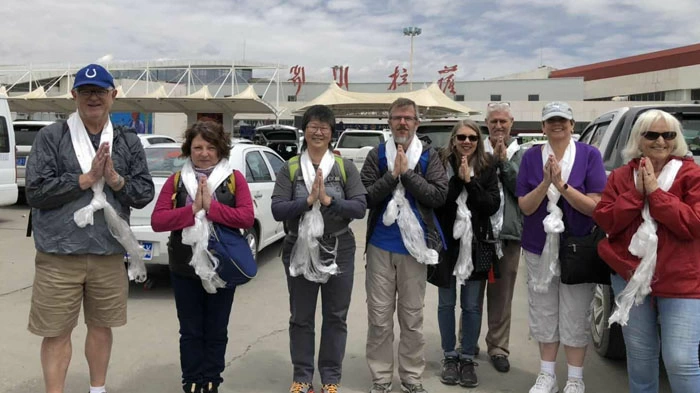 We offer the airport/train station pick-up services for our clinets.
We offer the airport/train station pick-up services for our clinets.
Taking a train into Tibet is slower but it could be a lifetime experience to get through the Tibet Plateau through the world’s highest railway. Furthermore, there are oxygen supply equipment and professional medical personnel on the train, which can provide a safety guarantee for your travel.
When compared to airplanes and trains, traveling overland to Tibet is considered the most challenging option. However, a Tibet overland tour offers captivating and enchanting landscapes throughout the journey. If you are fond of road adventures, it is recommended to take the overland route from Chengdu to Lhasa via the G318 National Highway, as it is renowned for being the most scenic road route to Tibet.
8. Should senior travelers consider joining organized tours or traveling independently?
First of all, it is necessary to inform you that independent travel for foreign tourists is not available in Tibet. If you prefer a private travel experience, you can customize a private tour in Tibet.
For senior tourists to Tibet, we believe that touring with a small group in Tibet is a better choice. There are three reasons: to save your mind and be safe.
The first is to save your mind. You don’t need to think over the itinerary and details involved in the trip as all are ore-arranged by us.
The second is safety. Compared to traveling alone, traveling with a group is more secure. In case of an emergency, the guide and your group members will provide the necessary help and advice so that you are not left alone.
9. What are the recommended attractions to visit for senior travelers in Tibet?
To ensure a more relaxed and comfortable journey, especially considering the limitations of your body, we recommend following the principle of touring from low to high and selecting relatively gentle spots to gradually acclimatize to the altitude change. Here are some recommended attractions in Tibet for senior travelers.
Potala Palace: Located in Lhasa, the Potala Palace is a cultural treasure with historical significance. Although there are some stairs to navigate, the palace offers breathtaking views and can be explored at a relaxed pace.
Jokhang Temple and Barkhor Street: Situated in the heart of Lhasa's old city, Jokhang Temple is a peaceful place of worship. Nearby, Barkhor Street offers a vibrant atmosphere with traditional markets and local customs to experience.
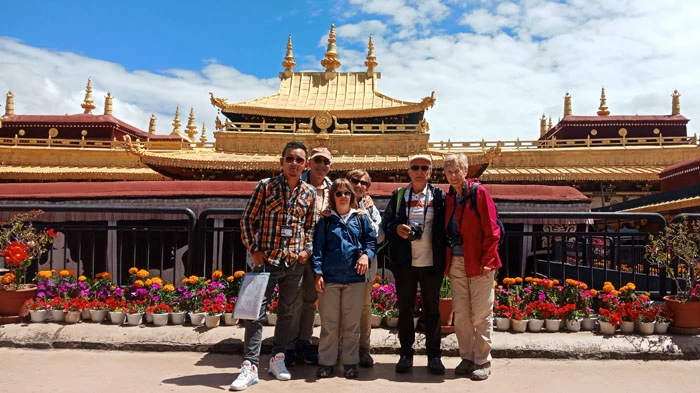 Visiting the Jokhang Temple with our delighted groups
Visiting the Jokhang Temple with our delighted groups
Yamdrok Lake: Renowned for its mesmerizing turquoise waters, Yamdrok Lake offers stunning scenery. You can appreciate the panoramic views from the lakeside or enjoy a relaxed drive along the picturesque shoreline.
Tashilunpo Monastery: Found in Shigatse, Tashilunpo Monastery is one of Tibet's most significant monastic sites. It showcases remarkable architecture, ancient artifacts, and Buddhist artworks. You can explore the monastery at a leisurely pace.
Ganden Monastery: Perched on a hill near Lhasa, Ganden Monastery provides sweeping vistas of the surrounding landscapes. It offers a serene ambiance and the chance to witness monastic rituals and traditions.
Everest Base Camp: It is the closest place that ordinary tourists can go to Mount Everest. At Everest Base Camp, you will have the opportunity to see the unpredictable flag clouds, the majestic glaciers, and the beautiful scenery of the sun shining on the top of the world. Since you can take an eco-bus to the base camp, not much walking is required to visit the Everest Base Camp.
10. Are there accommodations with senior-friendly facilities in Tibet?
In big cities, like Lhasa, Shigatse, and Nyingchi in Tibet, there are some high-quality luxury hotels that are equipped with good facilities that ensure a safe and comfortable accommodation for you. However, if you travel to remote areas, like Everest Base Camp and Mount Kailash area, the accommodation standard is just basic.
11. Are there any cultural considerations for senior travelers in Tibet?
Yes, Tibet is a minority region with religious overtones. When i Tibet, there are some customs and etiquette that you need to be aware of in order to avoid unnecessary troubles. Specific behaviors are as follows:
• Prohibition of exposed clothes and making loud noises in monasteries.
• No taking pictures of Buddha statues.
• No touching the heads or shoulders of Tibetans.
• No photographing “sky burial” in any form.
The above only covers some of the customs and manners, other uncertainties in behavior can be carefully asked the local guide
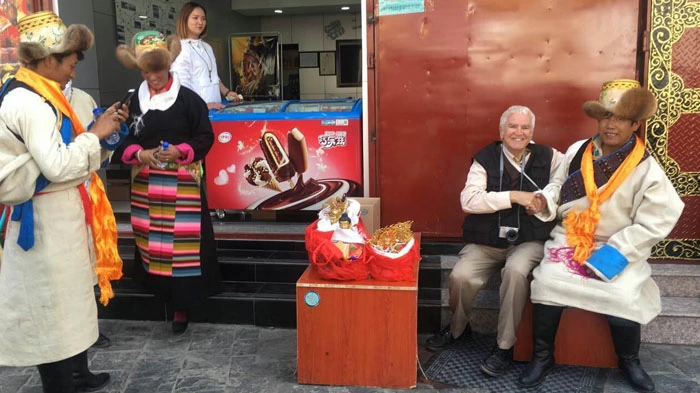 Enjoy the friendly communication with local Tibetan in Barkhor Street.
Enjoy the friendly communication with local Tibetan in Barkhor Street.
12. Is travel insurance necessary for senior travelers visiting Tibet?
Of course, it is very necessary! Travel insurance is necessary for all travelers. For a trip to Tibet, if you are just doing general sightseeing, it is advisable to buy travel insurance that can cover plateau reactions, which can provide you with accidental death, disability and burns, medical treatment, emergency assistance, and other protection.
If you also want to do high-risk activities, like cycling and trekking in Tibet, it is recommended that you buy plateau outdoor sports insurance to provide good protection for yourself.
13. Are there any senior-friendly activities available in Tibet?
Of course, we have many activities for young and old to choose from. Considering the physical condition of older travelers, we prefer activities that are relatively less active, as follows:
Sightseeing: Explore the captivating landscapes and natural wonders of Tibet, such as Everest Base Camp, Namtso Lake, or Yamdrok Lake. Enjoy the serene beauty of these locations while taking in the breathtaking views.
Cultural Experience: Immerse yourself in the rich Tibetan culture by visiting monasteries like Jokhang Temple, Sera Monastery, or Tashilunpo Monastery. Observe monks in their daily rituals, appreciate the intricate artwork and architecture, and participate in prayer ceremonies if you wish.
Visit a Tibet Local Teahouse: Discover the vibrant local culture by visiting a traditional teahouse. Enjoy a cup of butter tea, a Tibetan specialty, while engaging in conversations with locals or fellow travelers. Teahouses often serve as social hubs where you can experience the warmth and hospitality of the Tibetan people.
Visit a Local Family: To gain a deeper understanding of Tibetan customs and way of life, consider arranging a visit to a local family's home. This offers an opportunity to experience their hospitality firsthand, learn about their traditions, and perhaps even try authentic Tibetan cuisine.
14. Can elderly travelers participate in trekking or hiking activities in Tibet?
If you are in relatively good health and do not have any underlying health problems after being evaluated by a medical professional, then you are ready to go trekking in Tibet. A shorter trek with less exertion is better for you than a long-distance trek, which will put less strain on your knees and spine, thus reducing the chances of injury.
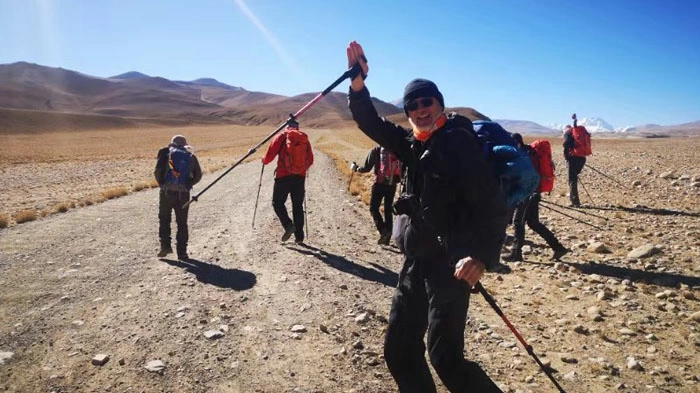 Elderly travelers trekking in Tibet.
Elderly travelers trekking in Tibet.
There are many leisurely and relaxing routes to follow, such as the trek from Shalu to Nartang and a leisurely walk around Yamdrok Lake. All of which will allow you to experience the wonderful meaning of hiking, feeling the weight of your body and emptying your mind, focusing on your feet and your breath.
In short, we still recommend that you give yourself more time to adjust to the changes in altitude and not overexert yourself during the trip. Moreover, we hope that you always pay attention to your physical condition and seek medical attention in case of serious symptoms to avoid serious consequences.
15. Are there any specific dietary considerations for elderly travelers in Tibet?
Tibetan food culture is very rich, and there are various choices of food. In Tibet, you can not only taste local specialties such as Tibetan butter tea, barley wine, and Tibetan yogurt but also choose Sichuan cuisine, Nepalese cuisine, and Western food, so you don’t need to worry about dietary at all.
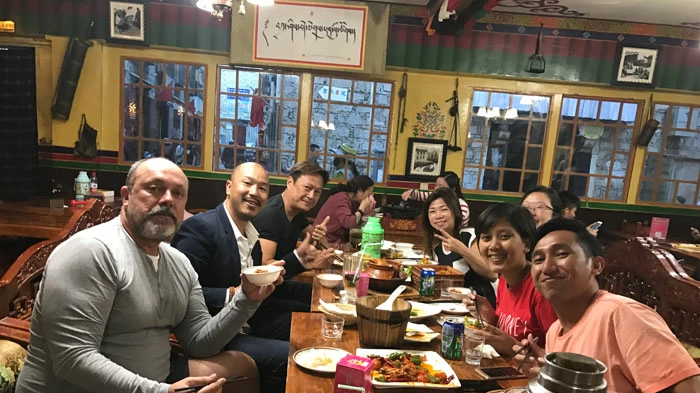 Tibetan food culture is very rich, and there are various choices of food.
Tibetan food culture is very rich, and there are various choices of food.
However, it should be noted that these diversified dining needs can only be met in large cities such as Lhasa. If you travel further away from Lhasa, then the corresponding dining options will be less.
Additionally, if you have any specific dining preferences, like whether you are a vegetarian or adhere to a Muslim dietary requirement, please inform your travel consultant in advance. This will allow us to assist you in arranging satisfactory dining options during your stay in Tibet.
Tips for Dining in Tibet
According to our experiences, we recommend that you pay more attention to dietary hygiene and stay hydrated. Since your digestive system is more fragile than that of younger people, light and easily digestible food will better meet your body’s needs, while avoiding cold, spicy, and greasy food. Also, staying well hydrated will help you prevent dehydration and altitude sickness.
Conclusion
After understanding the above questions, you may have an answer as to whether elderly travelers can travel to Tibet and how to visit Tibet safely. As long as you make sure your body is healthy enough to adapt to the change of altitude, you can explore the mysteries of Tibet at any age and in any season. If you have any questions about the Tibet tour, please contact us and we will provide you with professional travel consultants to help you realize your dream of a Tibet tour.

The Lhasa-born prodigy used to study business overseas, and got his Bachelor of Business in Nepal and India before moving back to his homeland. With pure passion for life and unlimited love for Tibet, Kunga started his guide career as early as 1997.
Responsible, considerate, and humorous, he devoted his entire life to guiding and serving international tourists traveling in Tibet. As a legendary Tibetan travel guru with 20-year pro guide experience. Currently, he is working in Tibet Vista as the Tour Operating Director. Whenever our clients run into trouble, he is your first call and will offer prompt support.
Related Articles & Posts
Most Popular Tibet Tour Packages
-
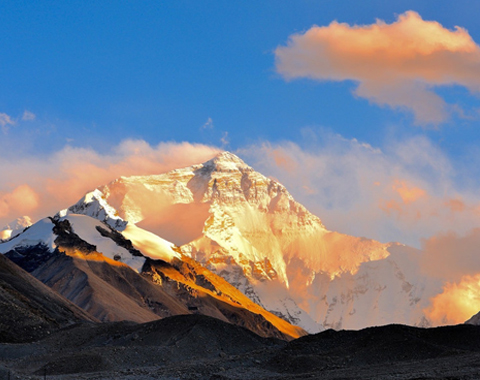
Lhasa - Gyantse - Shigatse - Everest Base Camp - Shigatse - Lhasa
USD939
View Details -
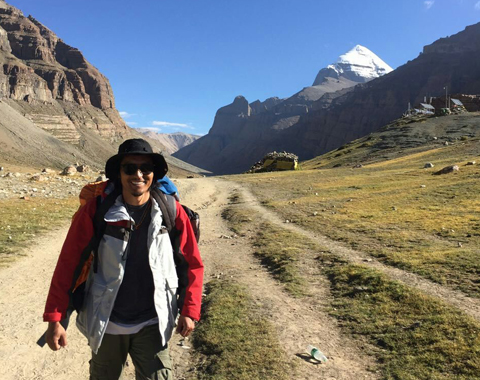
Lhasa - Gyantse - Shigatse - E.B.C - Saga - Kailash Trek - Darchen - Lake Manasarovar - Saga - Gyirong - Tingri - Lhasa
USD2059
View Details -
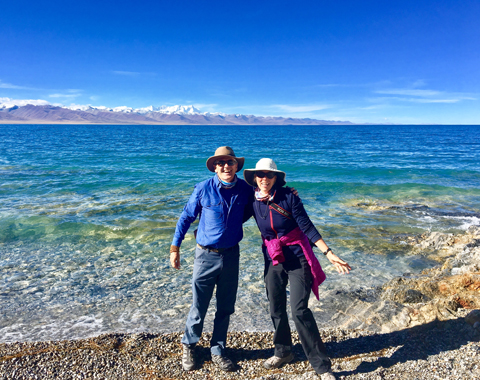
10 Days Lhasa to Everest Base Camp and Namtso Lake Small Group Tour
Lhasa - Gyantse - Shigatse - EBC - Shigatse - Lhasa - Namtso Lake - Damxung - Lhasa
USD1289
View Details -
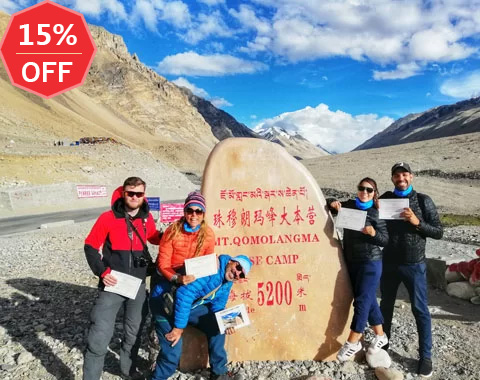
8 Days Driving Across Himalaya Overland Adventure from Kathmandu to Lhasa
Kathmandu - Gyirong - Everest Base Camp - Tingri - Shigatse - Gyantse - Lhasa
USD1069
View Details -
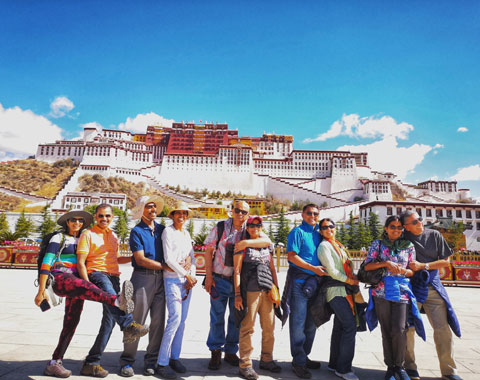
4 Days Lhasa Impression Small Group Tour: Explore the Heart of Tibet and Mingle with the Locals
Lhasa
USD509
View Details -
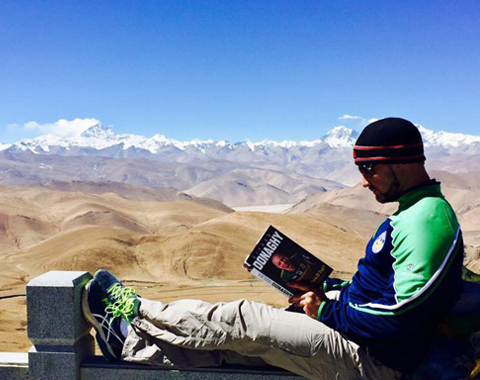
Lhasa - Gyantse - Shigatse - Everest Base Camp - Gyirong - Kathmandu
USD979
View Details -
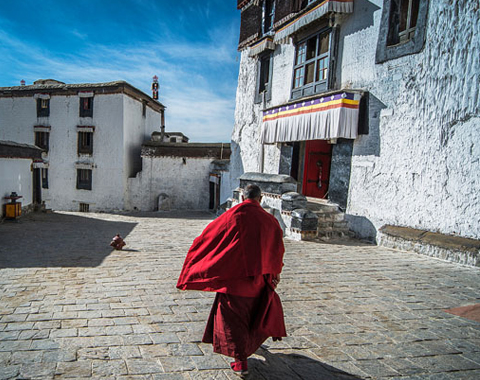
Lhasa - Gyantse - Shigatse- Lhasa
USD799
View Details -
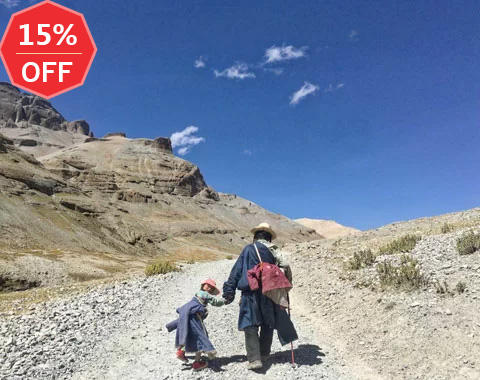
13 Day Lhasa, Mt. Everest, Mt. Kailash, Lake Manasarovar and Kathmandu Adventure Tour
Lhasa - Gyantse - Shigatse - EBC - Saga - Darchen - Kailash Trek - Darchen - Saga - Gyirong - Kathmandu
USD2059
View Details
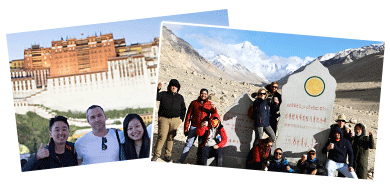

.jpg)



